Don’t let activated charcoal’s appearance fool you. This super-fine black powder might look dirty, but it’s actually an all-natural tool to help clean your body and remove toxins.
People have turned to this ancient remedy for thousands of years. It’s one of the more popular trends in health and wellness today, but it’s certainly not a new one. Keep reading to find out what all the fuss is about—and whether activated charcoal has a place in your own supplement regimen.
What Is Activated Charcoal?
Activated charcoal is a far cry from the stuff you used during your last barbecue. While the carbon source might be the same, the manufacturing process is different. And that difference results in some pretty cool health benefits.
Activated charcoal is pure carbon. It’s made from wood, debris, peat, or other carbon sources (e.g., coconut husks) (1). (Peat is an organic material found in damp areas, which is made from partially decayed vegetable matter.)
There are two ways to activate charcoal:
- Physical activation
Manufacturers heat the carbon source to extremely high temperatures (between 600 and 900 degrees Celsius). They use hot gases in an inert atmosphere (e.g.,, nitrogen or argon). Then the carbonized material is reintroduced into an oxidized atmosphere, again at extremely high temperatures. - Chemical activation
Manufacturers can also introduce an acid, a strong base, or a salt to the carbon source before heating it (2). This method decreases the temperature at which carbonization and activation occur (3).
Either way, this process results in an extremely fine, black powder. This powder has millions of tiny pores and a massive surface area. One group of researchers developed activated carbon with a surface area of over 3,000 meters per single gram (4). Therefore, activated charcoal is ideal for trapping toxins.
How Activated Charcoal Works
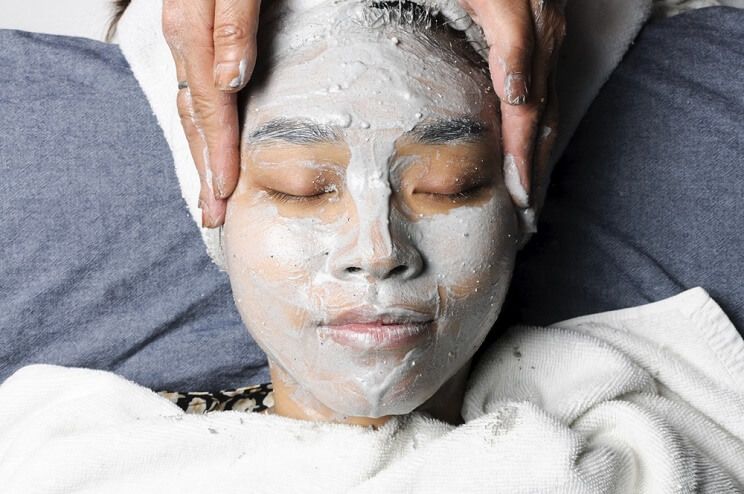
This transformation occurs through a process called adsorption. It’s not to be confused with absorption, which involves one substance permeating into another. (It’s similar to the way soaking a sponge in water makes the entire thing soggy.) Adsorption happens when atoms, ions, or molecules adhere to the surface of something else. [tweet_quote] Activated charcoal works through adsorption, binding dangerous particles to its surface.[/tweet_quote]
Activated charcoal’s tiny pores and immense surface area make it extremely adsorbent for dangerous particles (5). Instead of roaming around your system (where they can do harm), these troublemakers bind to the charcoal before you expel them through regular bowel movements.
Researchers studying this phenomenon found that orally administering activated charcoal—half an hour after ingesting a toxic substance—decreased the substance’s absorption by 47% (5).
Activated charcoal also carries a negative charge, so it attracts heavy metals and other toxins (which are usually positively charged) (6).
Activated Charcoal Uses
Here are just a few reasons why you should consider taking an activated charcoal supplement regularly— or at least keeping some around for specific occasions:
Detox
The World Health Organization includes activated charcoal as an “essential medicine” for treatment in emergency detox situations (7). It’s actually been a mainstay in hospitals for quite some time.
Tourey was a French pharmacist, pioneer, and activated-charcoal researcher. To prove the impact of activated charcoal, he intentionally ingested it with a lethal dose of strychnine, and lived to tell the tale (8). This dramatic demonstration occurred all the way back in 1831!
Ideally, you’d never have to worry about these types of accidental-poisoning scenarios. But sometimes, even when you do take every sensible precaution, things happen. Perhaps you have curious pets or young children, who won’t be aware of the potential consequences before ingesting something dangerous. [tweet_quote] Keep activated charcoal on hand to use as an emergency detox for accidentally swallowing poison.[/tweet_quote]
Activated charcoal is no replacement for a trip to the emergency room or vet. But it can certainly help draw out harmful toxins if you act quickly. The best way to protect your family and furry friends is to always keep the contact information for your local poison-control center or animal hospital close by. Call as soon as you realize something is wrong, and they’ll walk you through treatment options.
Remember: Sometimes activated charcoal isn’t the best solution. It works on many toxins, but it’s ineffective against corrosive agents (e.g., lye, iron, lithium, boric acid, and petroleum products) (9). Identifying the toxin before you apply treatment is key.
Activated charcoal can also help you in less extreme cases (e.g., you’re fighting off food poisoning) (10).
Improves Digestion
Are you struggling with cramps, nausea, or diarrhea?
Activated charcoal supplements can help. If you take them after a meal that’s causing you problems, they can adsorb digestive byproducts, which can cause unpleasant digestive symptoms (e.g., gas).
A study published in the American Journal of Gastroenterology focused on one population group in India and another in the United States. They wanted to compare the effect activated charcoal had on different diets and gut flora. In both groups, they found that it significantly reduced bloating, gas in the lower intestine, and abdominal cramps (11).
I’ve been following the Paleo diet for a long time, but I occasionally go “off menu.” That’s when I really notice the aforementioned symptoms. Maybe you’ve been good with your diet, then have some non-Paleo foods on a special occasion. If so, you might experience these symptoms too.
In situations when you aren’t in your own kitchen and can’t confirm the food’s quality firsthand, a few activated charcoal capsules after your meal can help ease any digestive issues.
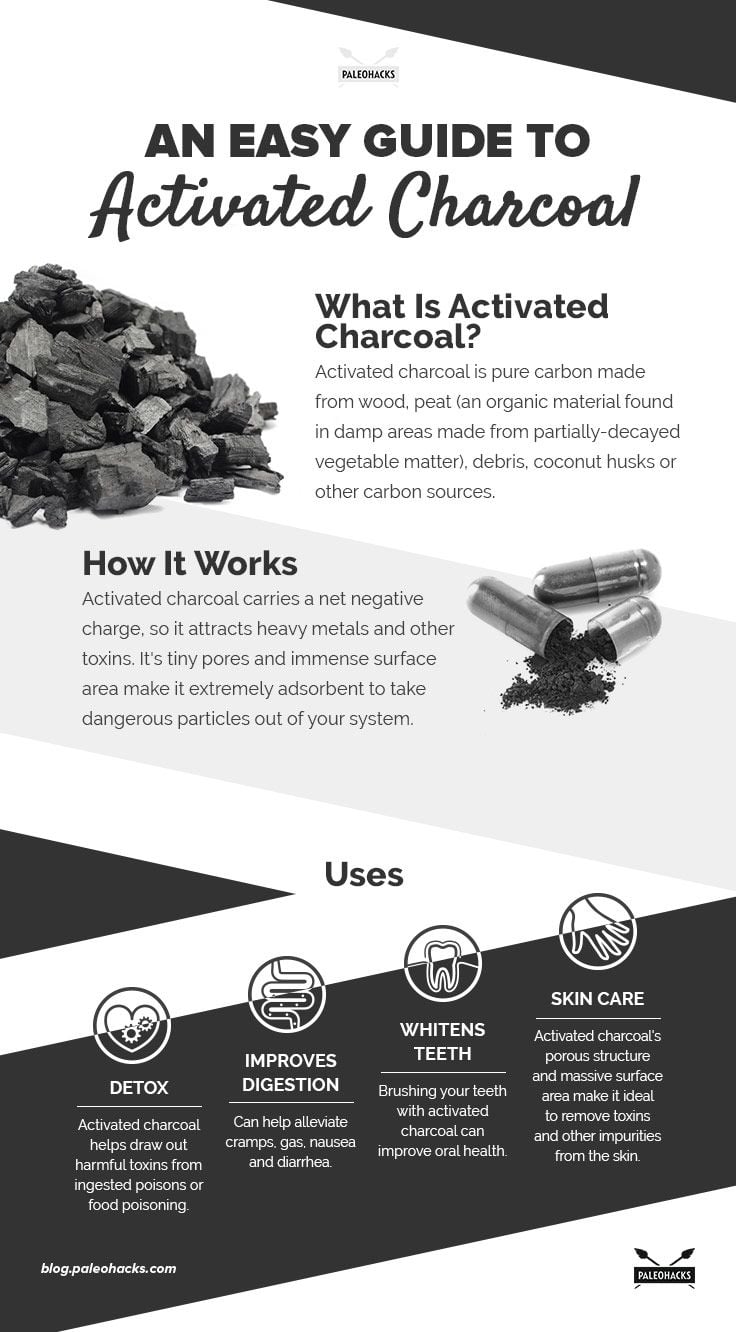
Whitens Teeth
This benefit is yet another example of don’t judge a book by its cover: It seems like brushing your teeth with activated charcoal would stain them, but it actually has the opposite effect.
Different cultures around the world have been aware of this irony for quite some time. A 2014 study published in the Annals of Medical and Health Sciences Research focused on Nigerian patients who used self-medication practices to improve their oral health. The researchers found that activated charcoal was effective at changing pH levels of the mouth, whitening teeth, and improving overall oral health (as part of a remineralizing protocol) (12). [tweet_quote] You might think that charcoal would stain your teeth, but it actually whitens them instead.[/tweet_quote]
If you’d like to try brushing with activated charcoal, the easiest way is to wet your toothbrush and dip it into charcoal powder. Brush your teeth (as you would with toothpaste) for a few minutes, sip some water, swish it around your mouth, and spit it out. You can see results, even if you only brush with it once a week.
Watch out for spills! Activated charcoal won’t stain your teeth, but it can stain your carpet, grout, or clothes.
Skincare
Activated charcoal’s porous structure and massive surface area make it ideal to remove toxins and other impurities from the skin. It has already made its way into countless cosmetic products, as well as recipes for homemade cleansers, facial masks, and body scrubs.
I couldn’t track down any relevant scientific studies, but I would love to see some research done in the near future. However, there are tons of anecdotal accounts of people using activated charcoal topically and noticing improvements to their skin. It’s definitely not going to hurt you, and it might help. If you have some powder and are curious, it’s worth a try.
Just like whitening you teeth , there’s no need to use activated charcoal on your skin every day. Once or twice a week is ideal.
Note
Activated charcoal is different than other supplements because you don’t have to use it daily. It’s up to you: Do you want to take it regularly for an everyday detox, or just keep some on-hand for specific occasions?
Activated charcoal is available in liquid and powder forms. You can either buy loose powder, capsules, or tablets.
This stuff is pretty affordable and widely available. You can find it at drugstores (e.g., Walgreens and CVS), grocery stores, health and vitamin shops, and online.
Finding the Best Activated Charcoal Supplement
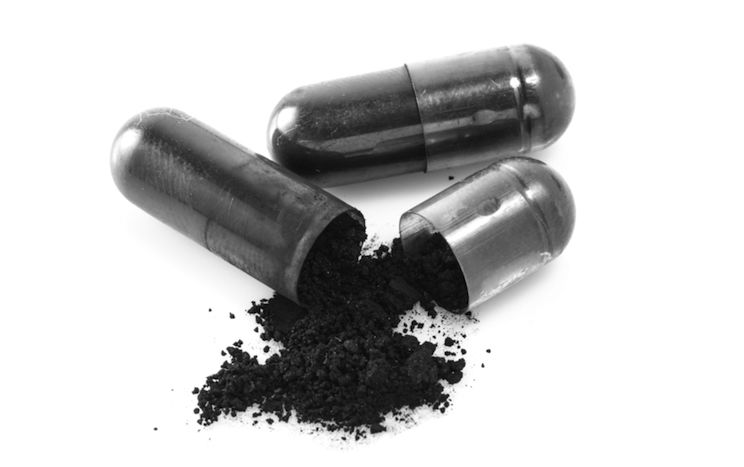
It’s easier to use loose powder for teeth whitening because you can just dip a wet toothbrush into it. But if you have capsules, you can just break one open over the sink and pour the powder onto your brush.
Also consider the carbon source. Using purer, raw materials results in a purer, more adsorbent end-product. Charcoal made from organically grown coconuts or wood is probably the best source. Stay away from charcoal vendors that don’t specify which materials they use to make their products. That’s a great guideline for ruling out a lot of questionable brands.
Some activated charcoal products contain sorbitol, an additive that works as a laxative to help eliminate toxins from the GI tract (13). These products tend to be designed for more acute detox situations (e.g., accidentally ingesting a chemical you weren’t supposed to). They might cause diarrhea and/or nausea if you take them for everyday detox. You’re best-off avoiding them without a doctor’s guidance.
Recommended Brands
There are quite a few options of activated-charcoal supplements to choose from. It seems like more are popping up every day.
Here are some of the top-quality brands:
- Starwest Botanicals Activated Charcoal Powder
This brand sources all of their charcoal from United States hardwood, and the charcoal is food-grade. - Zen Charcoal Activated Charcoal Powders
This brand is interesting because it offers two different versions of charcoal: one made from hardwood trees and another made from coconuts. They recommend the coconut version for internal applications because the powder is so fine, and the hardwood version for external applications (e.g., teeth whitening). - Bulletproof Upgraded Coconut Charcoal Capsules
This choice is solid if you’re looking for capsule supplements. One of their biggest selling points is a larger dosage per capsule.
Potential Side Effects
Activated charcoal is natural and very safe for the vast majority of people. With that being said, there are a few situations when you need to be a bit more careful.
One of the biggest potential issues arises if you’re taking prescription medication. It’s tempting to want to take all of your pills and supplements at the same time, but throwing activated charcoal into the mix might limit your body’s ability to absorb the medication (14). Wait at least 90 minutes after you take your medications before taking activated charcoal. Then it won’t interfere with absorption.
Pregnant women and breastfeeding mothers also have to take special care. Taking activated charcoal is probably safe for them as well, but they should run it by their doctors first.
In some cases, digestive conditions that obstruct the GI tract are a good reason to stay away from activated charcoal completely.
When in doubt, check with your doctor before you get started! That’s especially true if you’re planning to start ingesting activated charcoal regularly.
One more thing: Don’t worry if your stools turn a darker color after you start taking activated charcoal. It’s completely normal. If you feel constipated, back off your charcoal intake and reassess.
Bottom Line
Activated charcoal isn’t a magic cure for vibrant health, but it can help. It’s 100% natural, and for the vast majority of people, it’s safe to use. It’s entirely up to you whether you decide to take these supplements regularly, or just keep them around for certain situations.
Have you ever used activated charcoal supplements before, or are you using them now? How do you use them? Which effects have you noticed? Leave a comment below, and let us know!


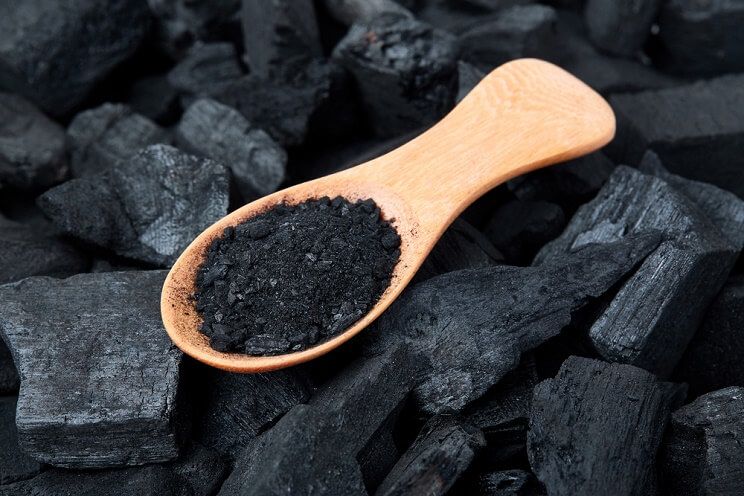
 The Problem with Mainstream Food Recommendations for Diabetics (& How to Fix It)
The Problem with Mainstream Food Recommendations for Diabetics (& How to Fix It)
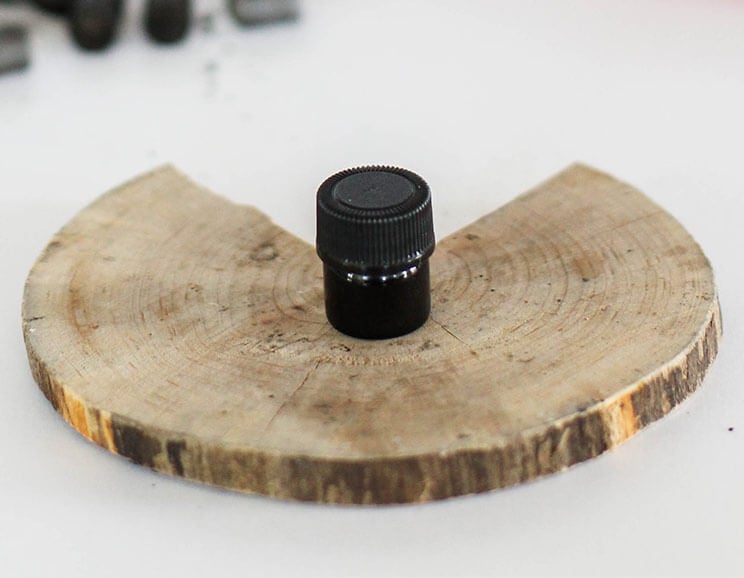
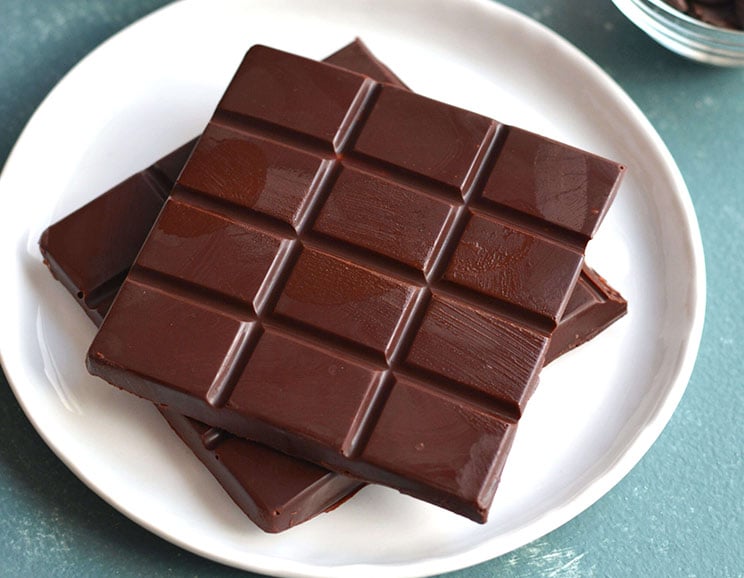





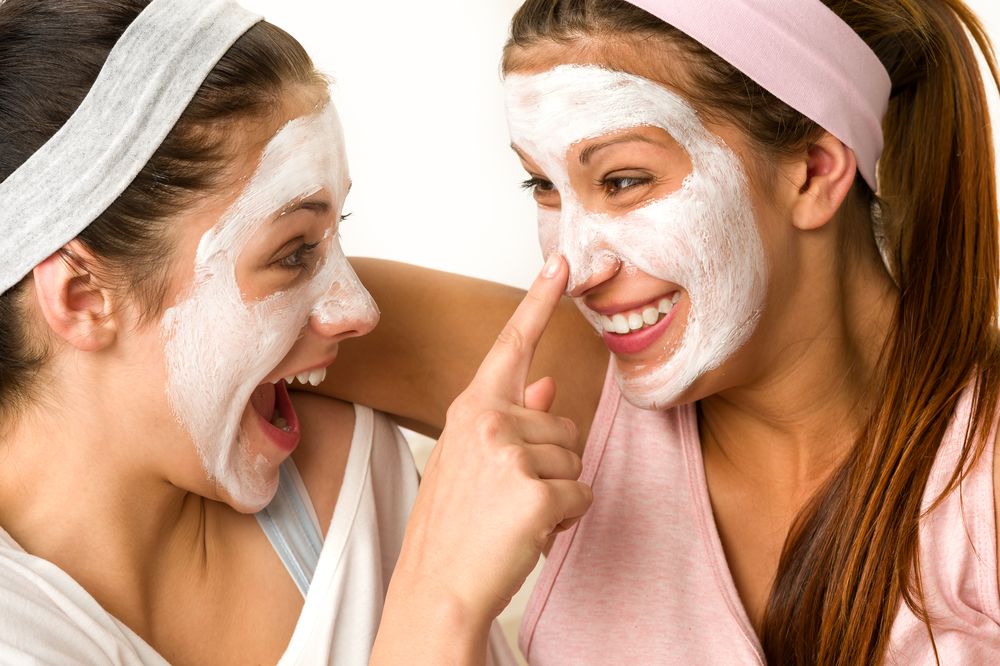

Show Comments